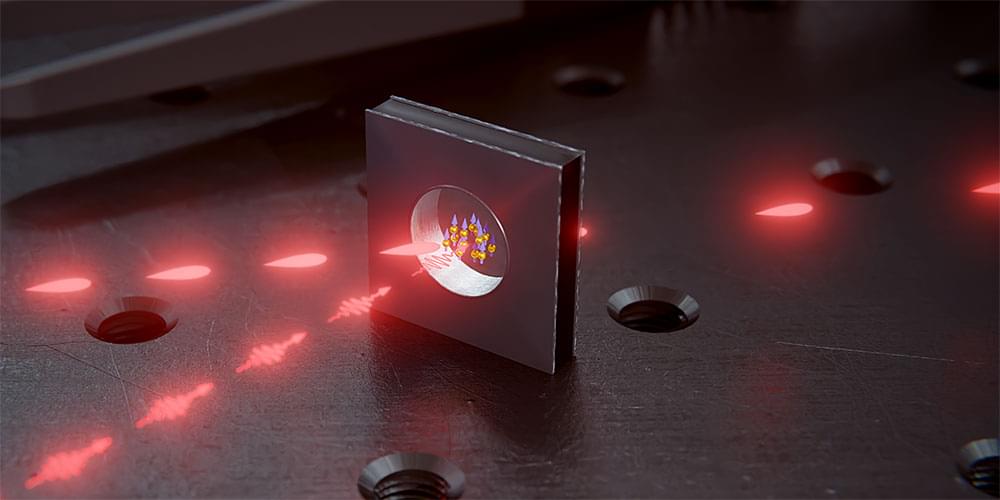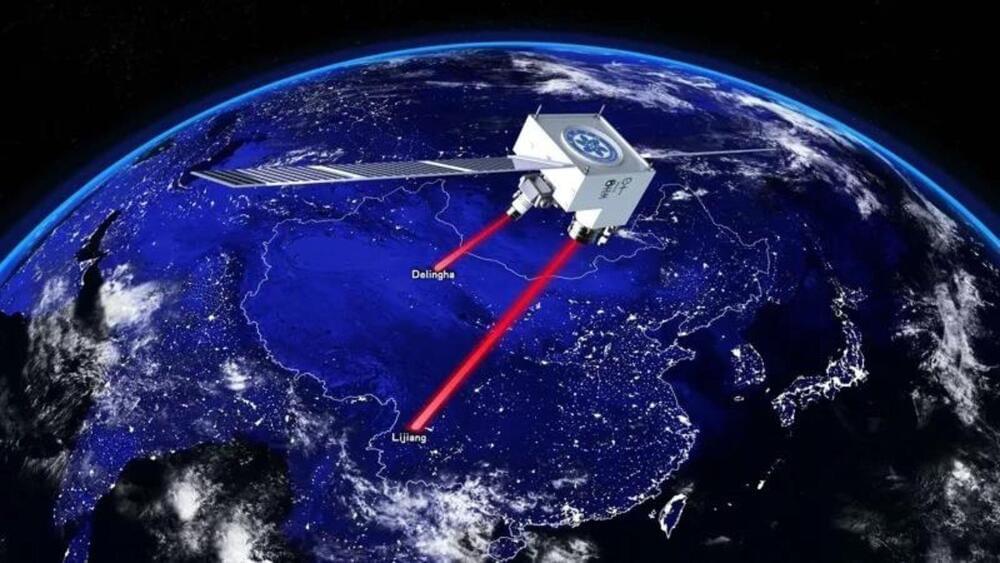Over the past twenty years, many companies, including Google, Microsoft, and IBM, have invested in quantum computing development. Investors have contributed over $5 billion to this cause. The aim is to use quantum physics properties to process information in ways that traditional computers cannot. Quantum computing could impact various fields, including drug discovery, cryptography, finance, and supply-chain logistics. However, the excitement around this technology has led to a mix of claims, making it hard to gauge the actual progress.
The main challenge in developing quantum computers is managing the ‘noise’ that can interfere with these sensitive systems. Quantum systems can be disrupted by disturbances like stray photons from heat, random signals from nearby electronics, or physical vibrations. This noise can cause errors or stop a quantum computation. Regardless of the processor size or the technology’s potential uses, a quantum computer will not surpass a classical computer unless the noise is controlled.
For a while, researchers thought they might have to tolerate some noise in their quantum systems, at least temporarily. They looked for applications that could still work effectively with this constraint. However, recent theoretical and experimental advances suggest that the noise issue might soon be resolved. A mix of hardware and software strategies is showing potential for reducing and correcting quantum errors. Earl Campbell, vice president of quantum science at Riverlane, a UK-based quantum computing company, believes there is growing evidence to be hopeful about quantum computing’s future.









